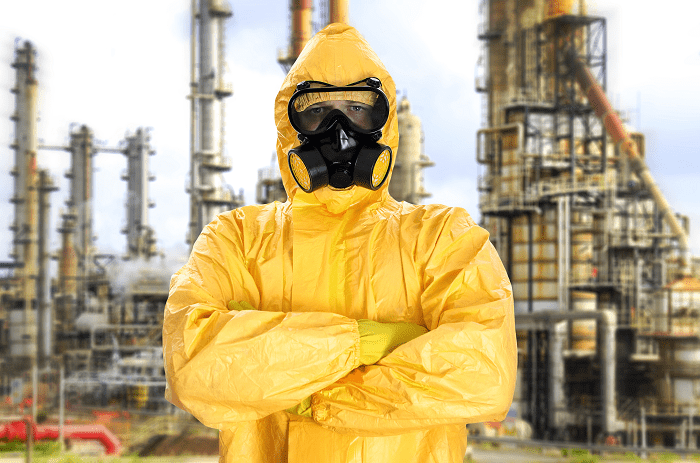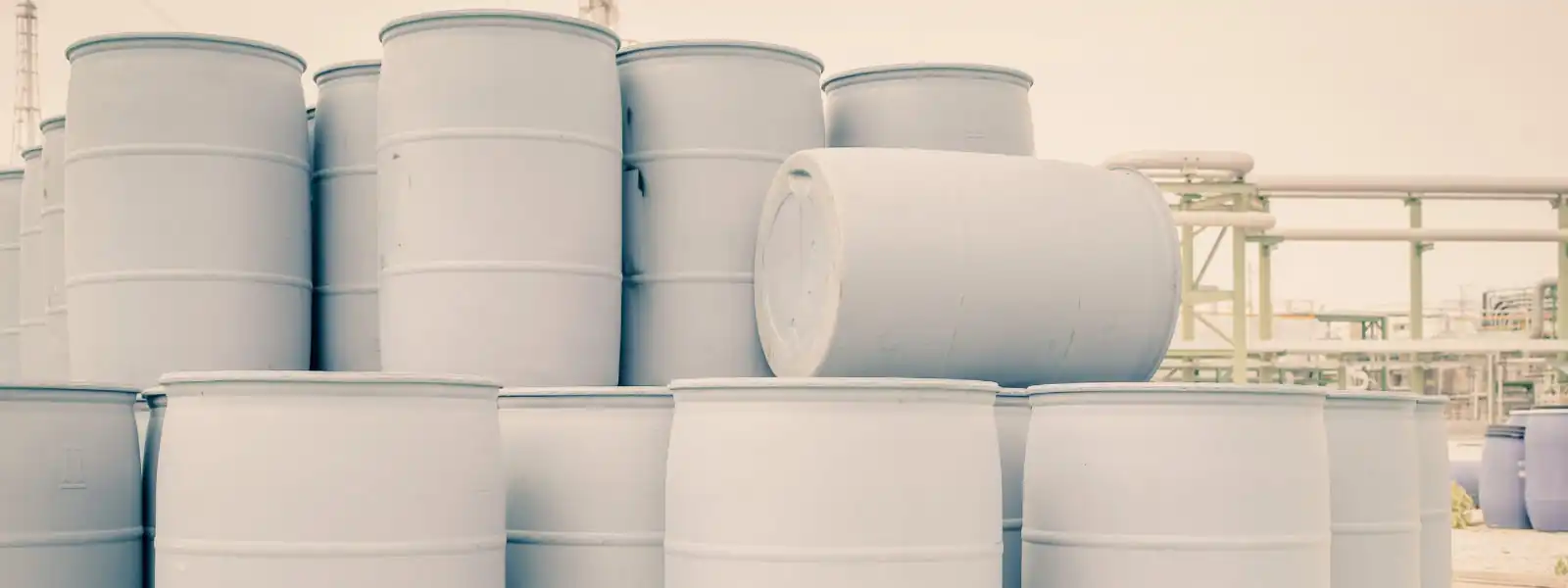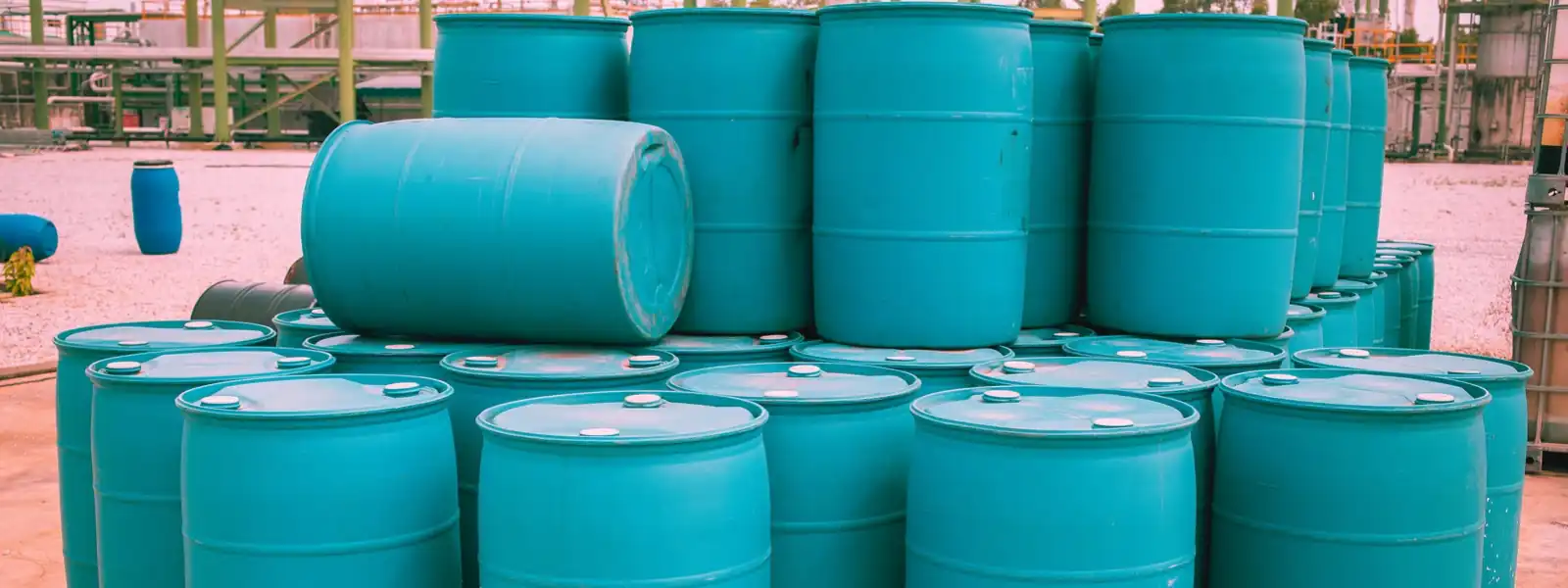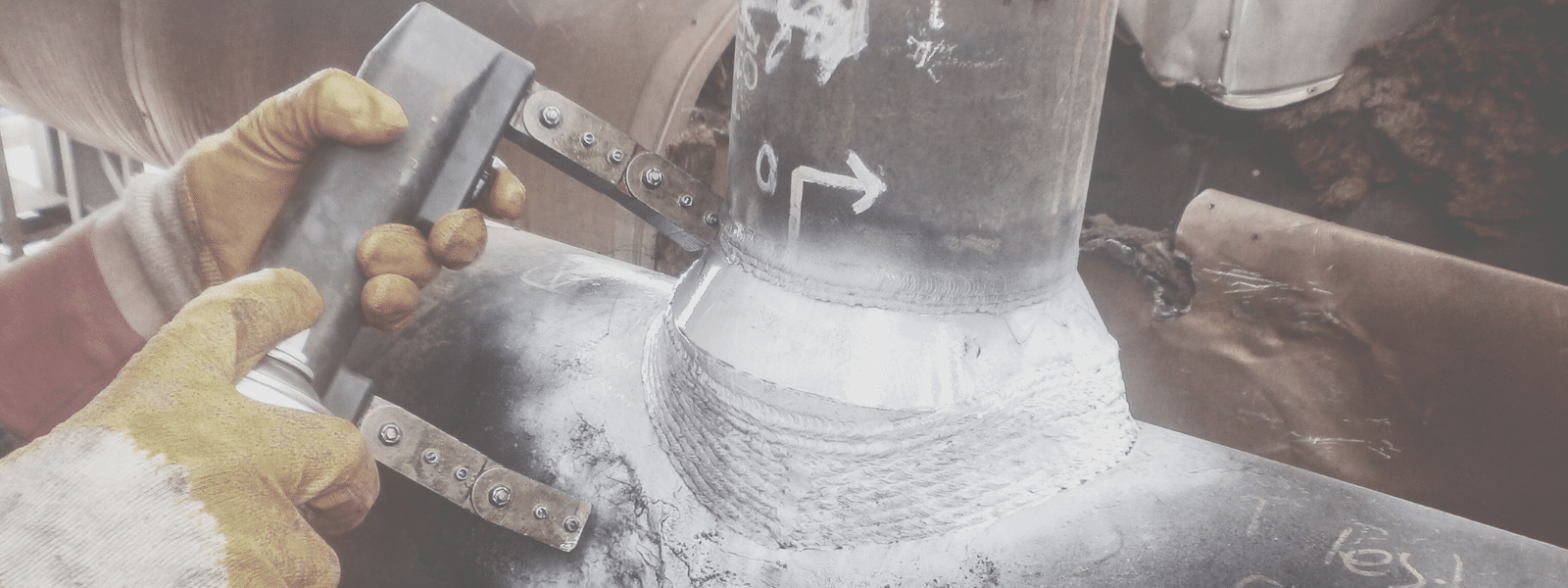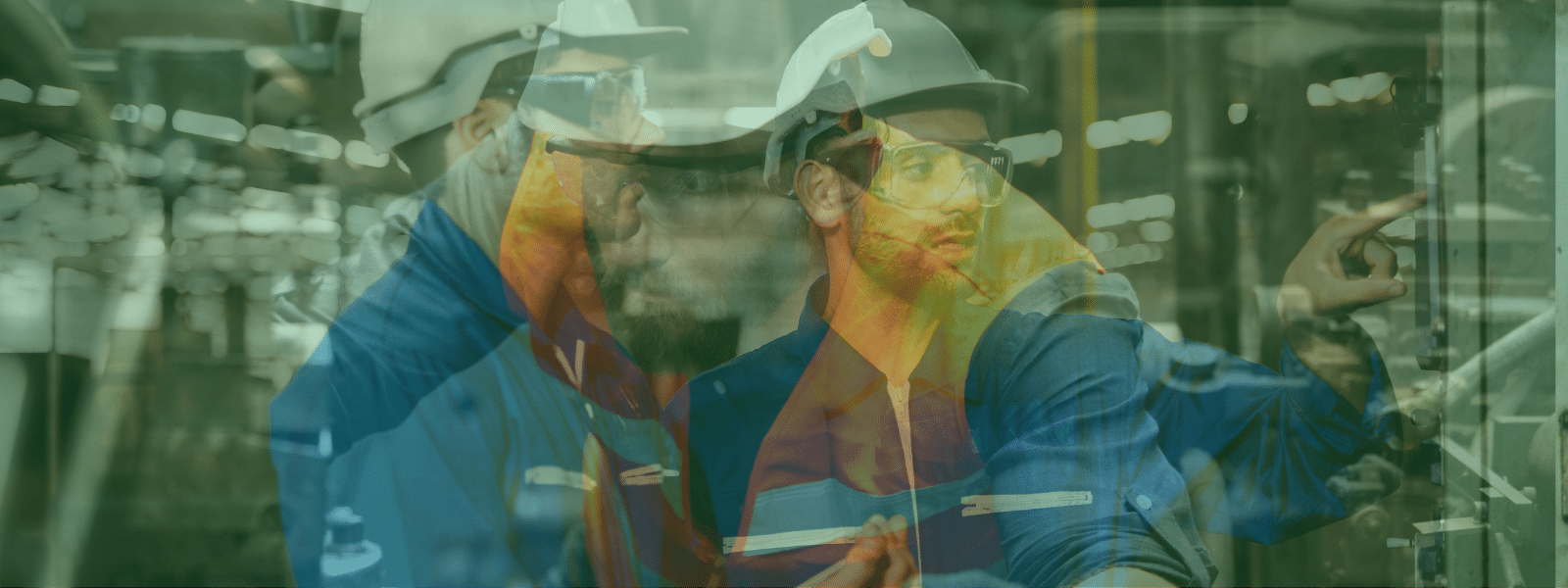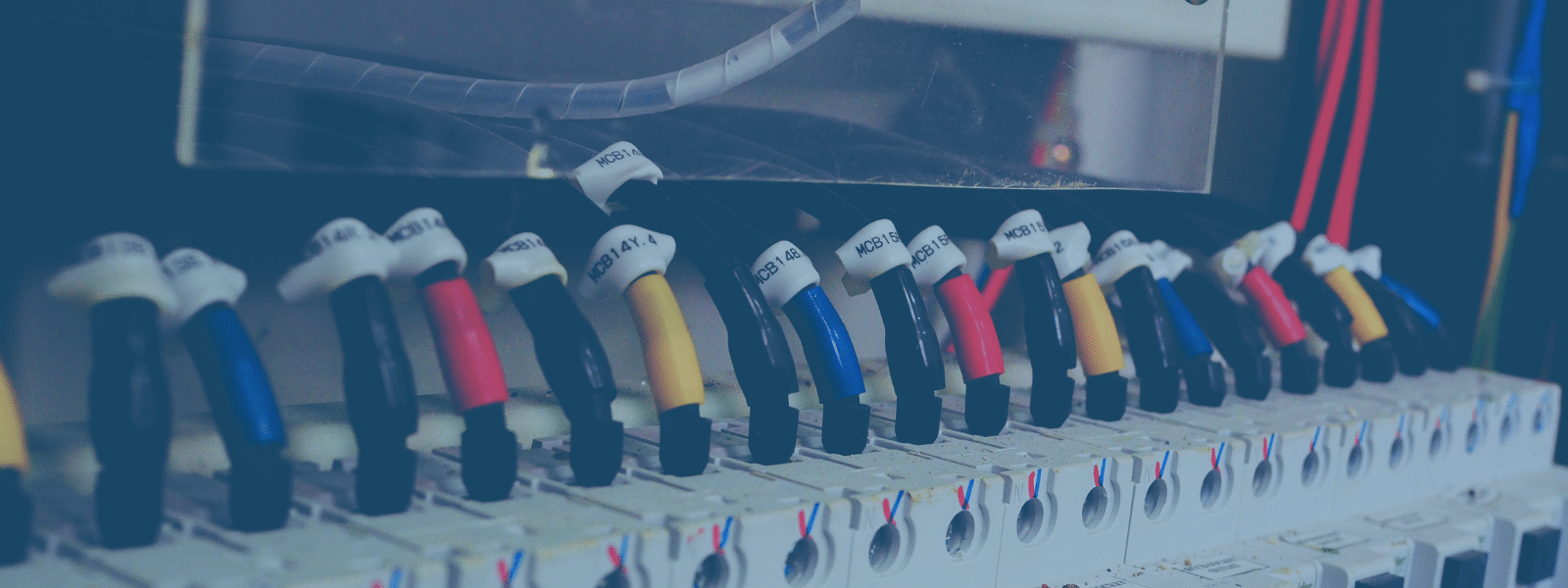Solvent based cleaners are solutions whose base is primarily comprised of chemicals, which are largely responsible for delivering the cleaning power of the solutions. Some solvent based cleaners are safer for humans and the environment than others. However, even when a solvent cleaner is considered safer to use than some of its toxic counterparts, in order to be considered truly safe for use, it must often be administered within the context of the safety measures below.
Special Ventilation System
Solvents that emit airborne particles that could cause respiratory distress, upset stomach, dizziness, or other troublesome, acute health conditions should be administered in an environment with a special ventilation system that is designed to efficiently pull the particles from the air instead of letting them hang around and precipitate acute health problems.
Tightly Sealed Cleaner Containers
When solvent based cleaners are not in use, they can still emit vapors that cause acute health issues such as the ones mentioned above, though usually not with the same intensity as open containers from which liquid is dispensed. Tightly sealed containers also help preserve solvent that has a high evaporation rate, as well as prevent accidental spills in the work environment
Personal Protective Equipment
Personal Protective Equipment (PPE) is exactly what it sounds like: attire that workers wear to prevent exposure to conditions in the work environment that could cause serious harm, including powerful chemicals that could create a wide array of acute and chronic health conditions. For help selecting PPE, consult this “Selecting PPE” resource from OSHA.
Elimination of Ignition Sources
From open flames in metallurgical heat treating environments to sparks in work areas where welding is performed, there are numerous types of ignition sources that could potentially ignite solvent based cleaners that have a medium to low flash point. When these types of cleaners must be applied, ignition sources should be eliminated before the solvents are administered.
Chemical Waste Disposal System
When solvent based cleaners contain ingredients that could negatively impact workers and the environment, they should be administered in work areas that contain a chemical waste disposal systems that quickly secure the ingredients and store them under safe conditions until in-house or third party waste disposal specialists can safely remove them from the waste trap.
Need Safer Solvent Based Cleaners?
In terms of safety, solvent based cleaners range from being highly toxic to humans and the environment to having a commendable safety profile regarding these considerations. Ecolink specializes in supplying the latter type of solvent cleaners. Whether your organization uses a solvent cleaner whose ingredients the EPA is scheduled to regulate, or you simply want a safer cleaner for the sake of your workers and the environment, we can provide the right solution.
Call us today at (800) 563-1305 for assistance determining whether one of our readymade cleaners or a custom cleaning solution is the best option for your needs. Let us provide you with a safer solution that benefits the health of your workers and helps to protect the environment!





